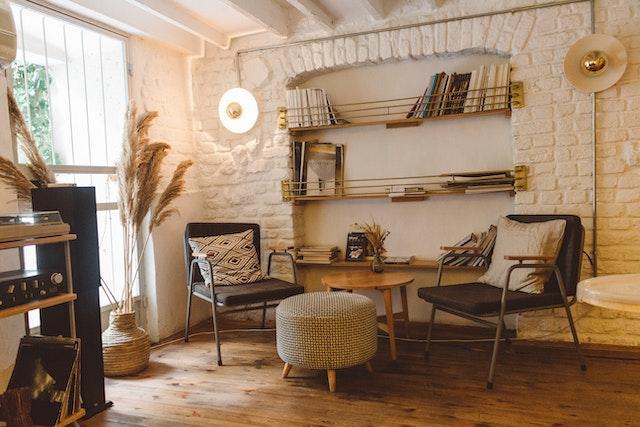Buying a home is a significant milestone for most people. If you have worked hard and directed your energy and resources into getting the house of your dreams, the day you move to your new home may be one of the most remarkable moments of your life.
However, before that happens, you will need to go through the arduous process of buying the property, where one misstep may result in grave complications. To prevent this from happening, you must be well prepared and address all the relevant aspects of buying a house to avoid surprises or problems later. Here is a brief step-by-step guide to walk you through the process of buying a home and making your job easier.
How to Buy a Home
Whether you are a first-time buyer or have gone through the process of buying a home before, you must be well aware of the huge financial commitment you are about to make. Therefore you must know everything you need to consider before purchasing and what you should expect from the process. Here is the process you must follow when buying a home.
Determine Your Readiness and Budget.
While buying a home is the ultimate dream for most people, you must first determine your readiness to purchase. So, before you move forward, ask yourself if you are ready to make the commitment. This includes having an action plan to make the purchase possible in terms of having the requisite resources. At the same time, you must ask yourself how much money you are willing to commit to buying the house.
Make a Home-buying Checklist.
Buying a house does not happen in days or weeks. Rather you should spend at least two to three months following through the process so you give due attention to every detail. Start with making a checklist of what you want from the house. You must consider the general area where you want to live, the type of house you want, the size of the house, and the number of bedrooms. Do keep your planned budget in mind while you are at it.
Get Your Finances in Order.
The next step is getting your finances in order to determine how much of a deposit you can make. The deposit amount will depend on the mortgage requirement if you aim to get a mortgage. However, keep in mind that getting preapproval for a loan takes time.
When looking for short-term financing, try considering a bridge loan for a home purchase. This way, you can bypass the lengthy loan pre-approval process and submit a cash equivalent offer for the new home. Once you sell your current home, you can refinance your new home by converting it into a long-term mortgage.
Talk To a Realtor.
A competent real estate agent can provide expert insights into the housing market and help you buy a house in your target area according to your requirements. While you can always look at online listings and search for the desired property on your own, a real estate agent can walk you through the buying process and assist you in catering to all the process requirements. They can contact the seller on your behalf, arrange a house tour, and help in the negotiation process.
Make an Offer.
Whether working with a real estate agent or researching yourself by checking out auctions or private sales, the next step is to make an offer once you like a property that suits your preferences. The offer will vary from market to market and from one place to the next. To get a general idea for making a competitive offer, you can research the average prices for similar houses in the area where you want to buy.
Get the Property Inspected.
If your offer is accepted and you want to ensure the house is in good condition, engage a professional or ask your agent to have the property inspected. If there are any issues, this will affect the value. If you have applied for a mortgage, the lenders will require a separate appraisal to confirm the property’s value.
Contract Exchange and Payment.
To make the sale legally binding, your solicitor will get you to sign the contract, and the seller’s solicitors will do the same for them. The contract may also list items you agreed to buy as part of the sale. The contract exchange implies that the deal is now legally binding, and you and the seller must follow the contract terms. Now you need to pay and get the ownership of the house. The seller will get the payment, and you will get the deed on the day of completion. Once that is out of the way, it is time to pay stamp duty and your solicitor fees. Usually, solicitors pay the stamp duty on your behalf, and if they have overestimated the cost, you may be reimbursed for the difference.
Final Thoughts
Congratulations! Now that the process is complete, you can move into your home. The process of buying a house may seem like a long winding road, but at the end of this road, there is the house you have been dreaming about.
While owning your own home may be the key to your happiness, it can become a source of stress if you end up buying a property that may later turn out to be a very expensive mistake. Therefore it is important that you take on this challenge in a systematized way and make home buying a rewarding experience.




